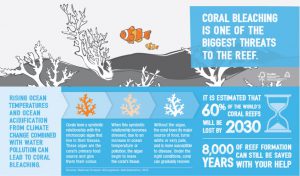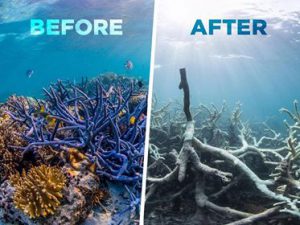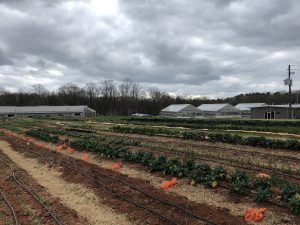For my community outreach, I went with many of my classmates to Clarke Central High School to do soil samples. In preparation for the visit, we had our own lab in class in which we prepared dilutions of a soil sample. My group took a sample from the “front side” of the Science Learning Center near one of the trees. We had a lot of fun with the lab equipment and with preparing the agar dishes. Counting the colonies on the dishes later on was a challenge in and of itself, but I think it was necessary in order to adequately prepare us for the visit to Clarke Central.
On the day of the visit, I took the Milledge Avenue bus route to Clarke Central and met with the other students. Our role in the classroom was more that of assistants than it was of presenters. As such, while I do feel that the information we provided to the students was intellectually stimulating and relevant to the audience, I don’t think that I made my interactions with the students particularly creative. The assignment itself, however, was pretty creative — after all, it’s not every day that you get to count bacteria colonies on a dish! I think that having an outreach project to begin with was important, as it gave me some perspective on why we even do science in the first place. If not to spread awareness of the good and bad things that we discover through the scientific process, then why?
When talking to the students, I did my best to help them by answering any questions they had. I tried my best not to make assumptions about the students’ capabilities; after all, I’m not a biology major, so the gap in understanding is not as big as one might expect between a high-schooler and a college student. Given the opportunity to do the visit again, I think I would spend a bit more time reading about the finer details of the experiment. That way, I wouldn’t be as dependent on Blake and Dr. Brickman as I was the first time around. I definitely feel that helping students in a lab makes you understand the material better yourself. As a student in biology addressing other students in biology, I don’t think I had to spend too much effort analyzing my audience, as much of what we were covering included things that the students were already familiar with. I also didn’t have much time to incorporate feedback into the way I was addressing questions.
In the future, I’d like to perhaps spend more time being active with the students, asking them questions as they do their work instead of just when they raise their hands. I’d also like to spend more time walking around instead of spending as much time talking to my classmates (from BIOL 2103H). At the moment, I am just wrapping up my first semester as a peer learning assistant (PLA, or undergraduate TA) for CSCI 1301, where I oversee a lab and have to walk around and answer questions. I think that I can incorporate what I’ve learned from this experience into my PLA experience as well when I do it next semester.
Overall, I enjoyed the visit, as it was not only a break in pace, but also a reminder about the responsibility scientists have as teachers to the greater community.



